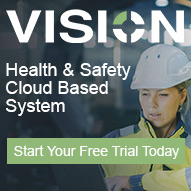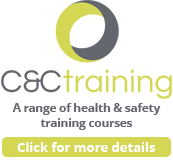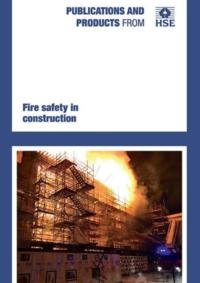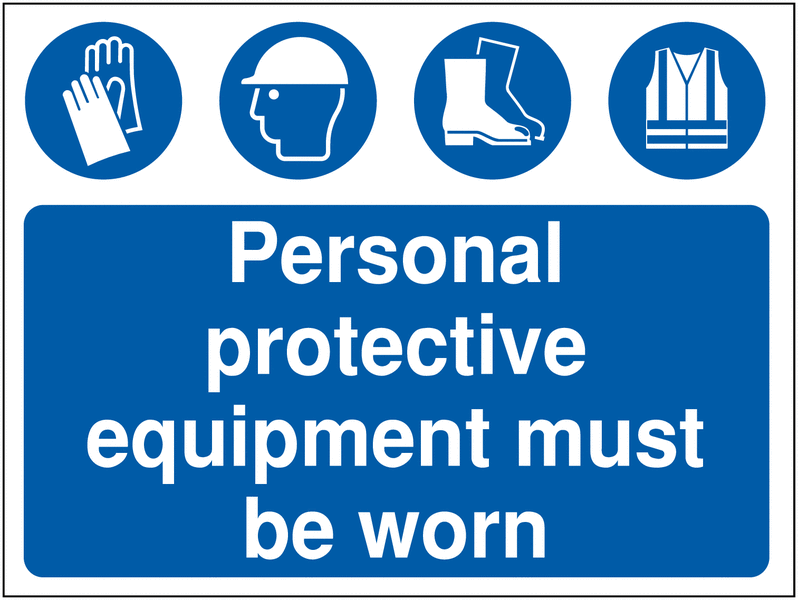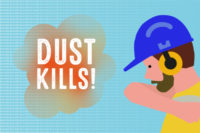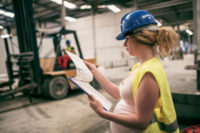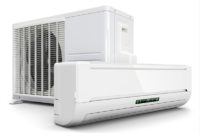HSG168 Fire Safety in Construction
The industry has been waiting for some time, to access this revised guidance. The aftermath of Grenfell and the new and updated legislation for the management of high rise premises meant that there would surely be an impact on the construction industry. Though not directly mentioned as there was no construction element involved in the Grenfell fire, the wider impact of elimination and managing fire risk in premises during the pre-construction and construction phase has been expanded, to give focused guidance inline with the expectations of the Construction (Design and Management) Regulations 2015. Continue reading…


